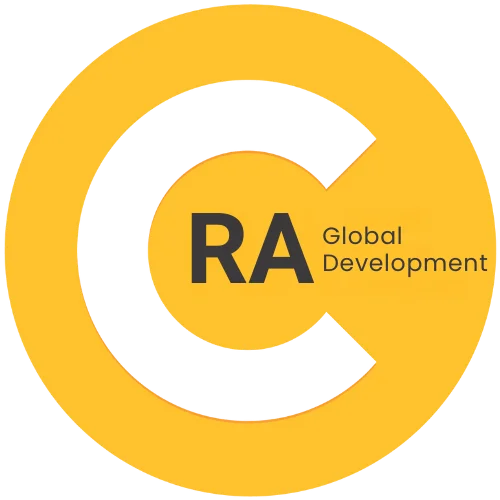
- Project name : A Mapping Of South Africa’s Special Economic Zones & Industrial Parks
- Category : Economic Infrastructure Division (SEZs & Industrial Parks)
- Client : Completed by one of lead external consultants for the University of Johannesburg
- Completion Date: Nov 2023
- Skills : Economic Infrastructure, Urban Planning
A Mapping of SEZs in South Africa
The work involved mapping the spatial and sectoral distribution of SEZs and IDZs, conducting comparative analyses of their performance, and identifying emerging sectors. The research explored how investments and growth within these zones contribute to socioeconomic development, job creation, and infrastructure improvements in urban areas. It also examined the challenges and opportunities for redeveloping these zones, with the goal of positioning innovative urban industrial zones as catalysts for smart and sustainable urban growth in South Africa.
To achieve the project’s objectives, the team delivered a range of services:
Spatial and Sectoral Analysis: The geographic distribution of SEZs and IDZs was mapped, alongside an analysis of sector-specific focus areas, such as manufacturing and logistics. The alignment of these zones with national and regional development priorities was also assessed.
Stakeholder Engagement and Consultation: Extensive consultations were conducted with government authorities, local municipalities, private sector investors, and zone operators. The team gathered insights from businesses operating within these zones, identified challenges, and facilitated partnerships to enhance resource coordination.
Socio-Economic Impact Assessments: The project evaluated the role of SEZs and IDZs in generating employment, boosting exports, and driving industrial diversification. This included analyzing their impact on reducing regional inequalities and the ripple effects on neighboring communities.
Policy and Regulatory Framework Reviews: A comprehensive review of the legal, regulatory, and institutional frameworks governing SEZs and IDZs was undertaken. Gaps and inefficiencies were identified, with recommendations provided for reforms based on international best practices.
Infrastructure and Investment Analysis: The team assessed the quality and readiness of infrastructure within SEZs, including transport, energy, and utilities. Public and private investment volumes were analyzed, alongside an evaluation of fiscal and non-fiscal incentives offered to investors.
Pre-Development Feasibility Studies: Site evaluations for potential SEZ and IDZ locations were conducted, examining land use patterns, environmental factors, and investment potential. A grading system was developed to prioritize viable projects and guide pre-development efforts.
Strategic Recommendations and Planning: Actionable strategies were proposed to improve the operational efficiency of existing zones. Recommendations included new governance models, investment approaches, and the integration of SEZs into broader regional development plans.
Training and Capacity Building: Workshops were designed and delivered to government officials and zone operators, focusing on SEZ management, policy implementation, and investor attraction. Training sessions facilitated knowledge sharing and best practice dissemination.
Monitoring and Evaluation Framework Development: The team developed frameworks to monitor and evaluate the performance of SEZs and IDZs. Key performance indicators (KPIs) were recommended to track metrics such as job creation, investment levels, and export performance.
Research and Knowledge Dissemination: Detailed reports on SEZ performance were produced, highlighting strengths, weaknesses, and future potential. Findings were disseminated through presentations, publications, and case studies to inform policymakers and stakeholders.
